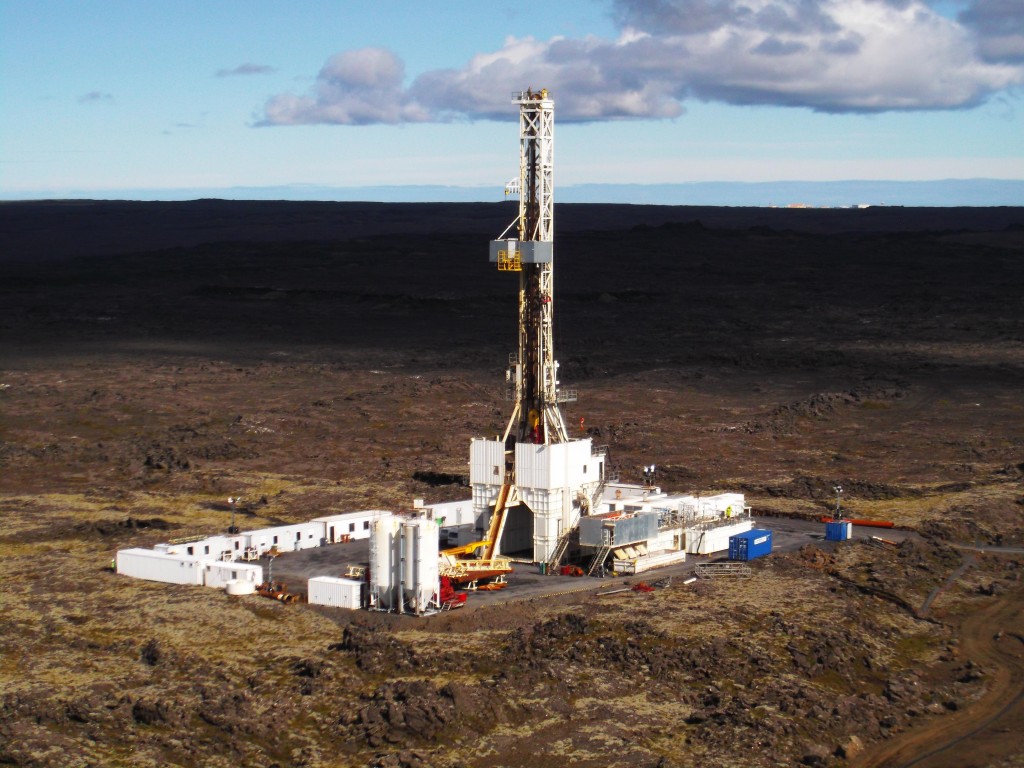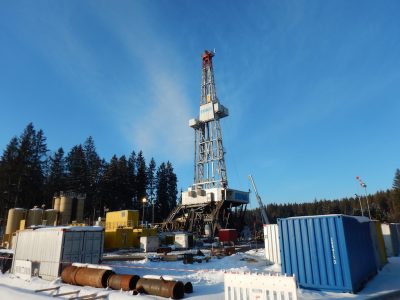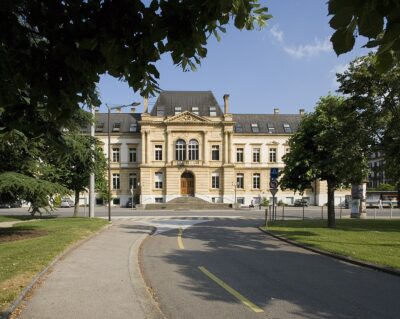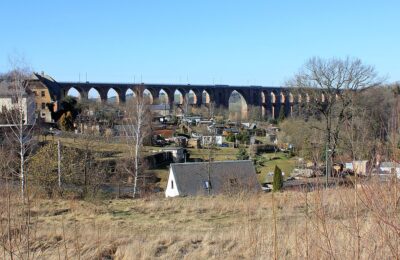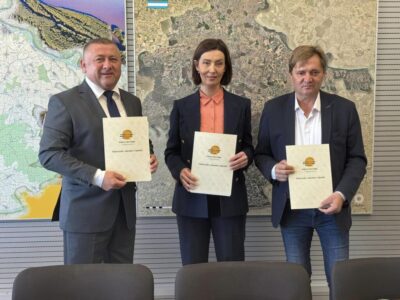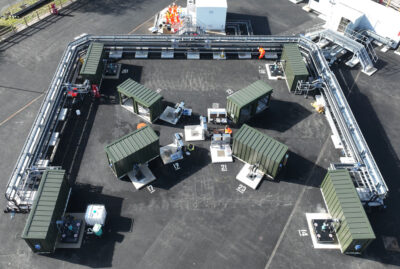EU-funded project exploring radial water jet drilling
A EU funded project has started and will investigate radial water jet drilling technology at two geothermal wells in the Netherlands and Iceland.
With drilling being a key element in the high up-front cost for geothermal development, it is also one of the crucial elements looked at by researchers.
In March 2016, the EC funded Horizon 2020 project SURE (Novel Productivity Enhancement Concept for a Sustainable Utilization of a Geothermal Resource) on radial water jet drilling (RJD) started. The RJD technology will be investigated and tested as an alternative stimulation method to increase inflow into insufficiently producing geothermal wells.
Radial water jet drilling uses the power of a focused jet of fluids, applied to a rock through a coil inserted in an existing well. This technology is likely to provide much better control of the enhanced flow paths around a geothermal well and does not involve the amount of fluid as conventional hydraulic fracturing, reducing the risk of induced seismicity considerably. RJD shall be applied to access and connect high permeable zones within geothermal reservoirs to the main well with a higher degree of control compared to conventional stimulation technologies.
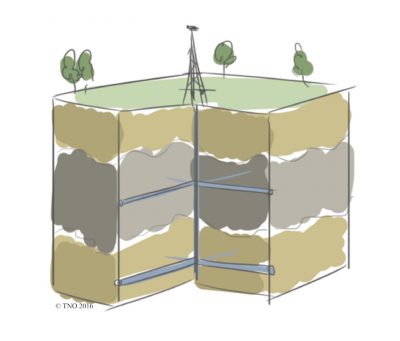 SURE will investigate the RJD technology for deep geothermal reservoir rocks at different geological settings such as deep sedimentary basins and magmatic regions at the micro-, meso- and macro-scale. Laboratory tests will include the determination of parameters such as elastic constants, permeability and cohesion of the rocks as well as jetting experiments into large samples at ambient as well as simulated reservoir conditions. Samples will be investigated in 3D with micro CT scanners and with standard microscopy approaches.
SURE will investigate the RJD technology for deep geothermal reservoir rocks at different geological settings such as deep sedimentary basins and magmatic regions at the micro-, meso- and macro-scale. Laboratory tests will include the determination of parameters such as elastic constants, permeability and cohesion of the rocks as well as jetting experiments into large samples at ambient as well as simulated reservoir conditions. Samples will be investigated in 3D with micro CT scanners and with standard microscopy approaches.
In addition, advanced modelling will help understand the actual mechanism leading to the rock destruction at the tip of the water jet. Last but not least, experimental and modelling results will be validated by controlled experiments in a quarry (mesoscale) which allows precise monitoring of the process, and in two different geothermal wells in the Netherlands as well as in Iceland. Further information can be found on www.SURE-H2020.eu .
Contact: Thomas Reinsch, Thomas.Reinsch@gfz-potsdam.de
